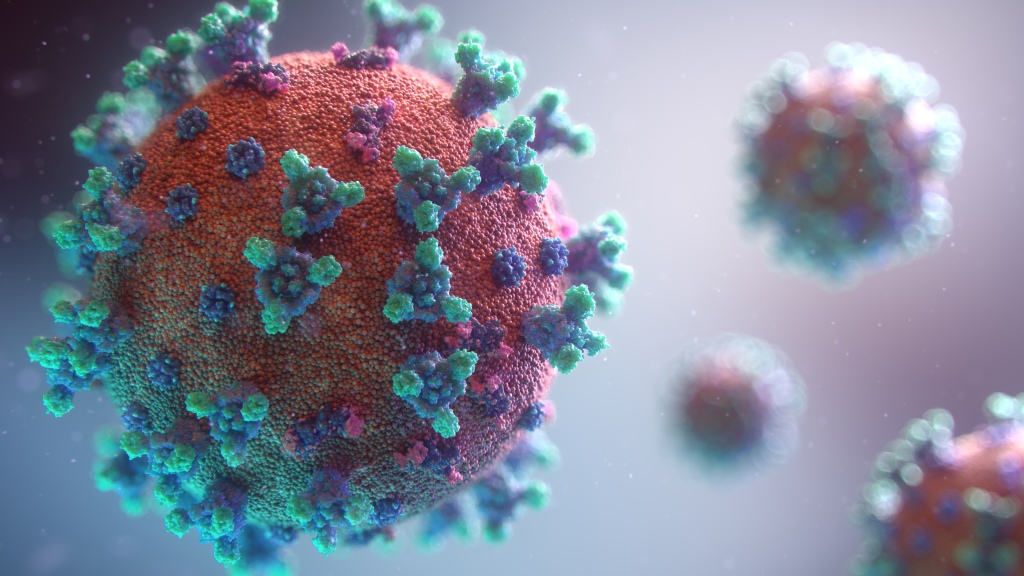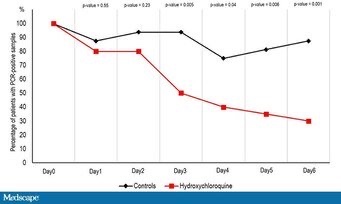(STOP HOARDING MEDICINES)

Lately, there has been a lot of excitement about Lopinavir-Ritonavir, Hydroxychloroquine and other treatments. Surprisingly, people are starting to hoard these medicines, especially HCQ (Hydroxychloroquine) since it’s so cheaply available in pharmacies with a prescription. I do not understand why are doctors freely writing HCQ prescriptions for their known friends, families and VIP patients just so that they can have them.
As per guidelines set by health systems with directions from CDC, there are several stages of COVID-19 cases like mild, moderate, severe and critical. These stages are based on severity of symptoms and intubation status. So HCQ is not even needed in most mild cases. In cases of moderate and higher severities, you would rather go to the hospital to fix the respiratory depression, clear the airway, suppress the secretions and prevent emergencies instead of carelessly taking HCQ at home. This is dangerous because patients can actually die if respiratory complications are not controlled which can only be done in a hospital setting. Then what’s the point in hoarding medicines at home when they should be reserved for patients who actually need them!
And if symptoms are relieved but the virus is not eliminated, they might be under the illusion that they are cured and will not practice social distancing and other measures as seriously as they should be. This would make them even more contagious.
Here is a very thought provoking and interesting article from Medscape by Dr F Perry Wilson:
Click the link above for the detailed article but I urge you to read the part I liked the most:
“Now let’s look at the study. Thirty-six patients in France with COVID-19 were examined. Twenty of them got hydroxychloroquine and 16 were controls. But this was not randomized; treated patients were different from those not receiving treatment. The researchers looked at viral carriage over time in the two groups and found what you see here:

This appears to be a dramatic reduction in coronavirus carriage in those treated with hydroxychloroquine. Awesome, right? Sure, it’s not randomized, but when we need to make decisions fast, “perfect” may be the enemy of “good.” Does this study increase my 50/50 prediction that hydroxychloroquine could help?
Well, with data coming at us so fast, we have to be careful. There is a huge fly in the ointment in this study that seems to have been broadly overlooked, or at least underplayed. There was differential loss to follow-up in the two arms of the study; viral positivity was not available for six patients in the treatment group, none in the control group. Why unavailable? I made this table to show you:

Three patients were transferred to the ICU, one died, and the other two stopped their treatment. By the way, none of the patients in the control group died or went to the ICU. Had these six patients not been dropped, the story we might have is that hydroxychloroquine increases the rate of death and ICU transfer in COVID-19.”
Bottom-line: Please stop hoarding medicines. When dealing with COVID-19, an unknown enemy with a drug which has created an excitement with unknown clinical outcomes (based on the above article), it would be foolish to self-medicate with HCQ. The right approach would be to go to hospital if your symptoms are moderate to higher severity.
Even more, please focus on prevention than cure. Stay away from everyone, practice social distancing, wash hands, take showers after work, keep your homes clean, get educated on symptoms on CDC website and stop doing things just because others are doing them. Only follow advice from your healthcare providers.

Very well written. I am Haresh’s friend and happy to read your posts.
LikeLiked by 2 people
well done – great info
LikeLike